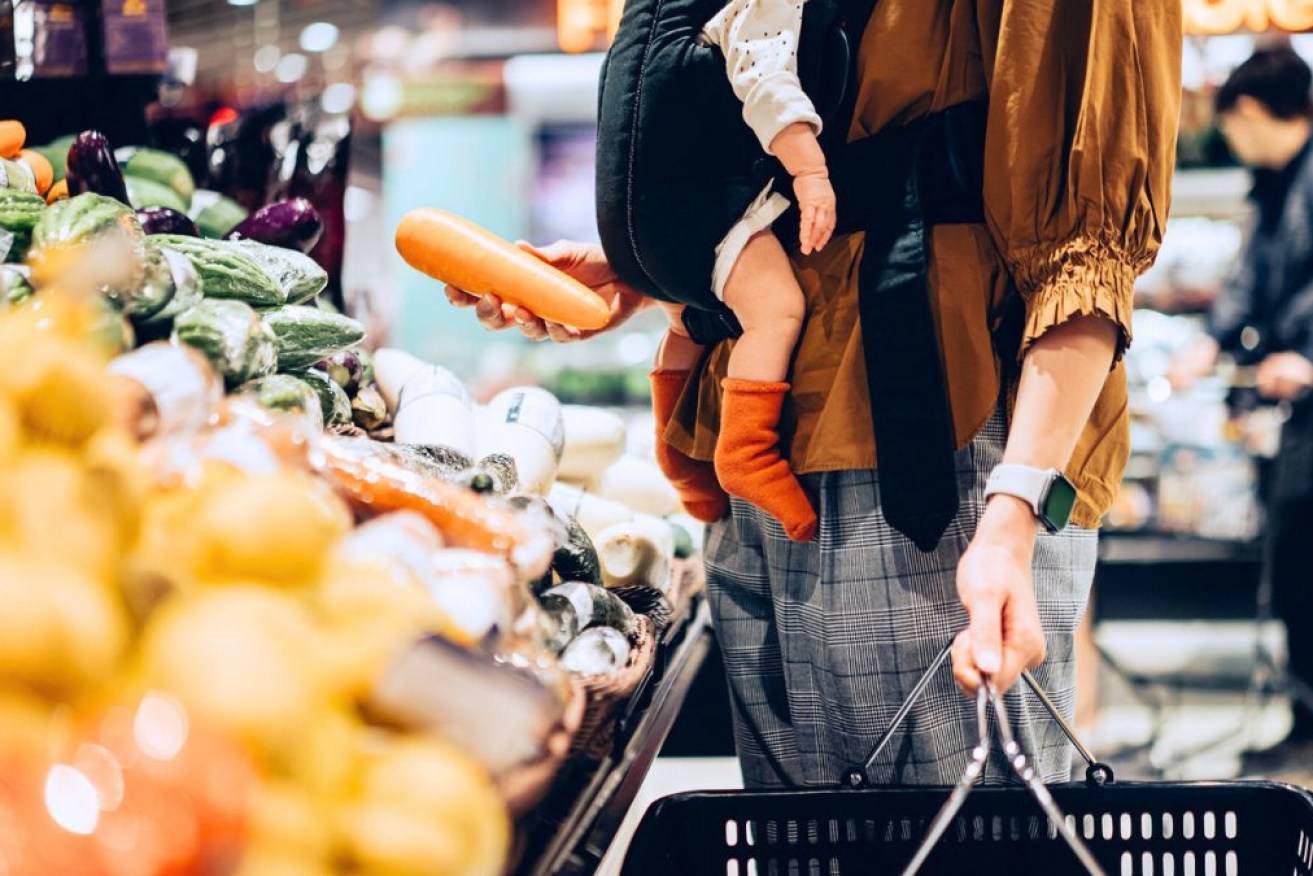How to save money as prices soar for key supermarket products


Australians on income support payments aren't keeping up with rising prices, new analysis finds. Photo: Getty
Australians might be tired of hearing about the rising cost of living, but it’s a problem many face daily – and one of the most common battlefields is the local supermarket.
Compare the Market data shows the price of common supermarket products has jumped more than 40 per cent since 2021.
Some of the biggest price hikes of the items analysed were packets of McCain mixed vegetables peas, corn and carrot (54 per cent), Australian brushed potatoes (53 per cent), peppermint tea bags (50 per cent), baked beans (40 per cent) and toilet cleaner (40 per cent).
Compare the Market spokesperson Chris Ford said a price increase of a few dollars here and there might not seem like much, but it could have a significant effect on the weekly budget of families already doing it tough.
“We know that the big supermarkets are trying to lure in customers by locking in or dropping prices, but our analysis shows that many of the essentials we shop for each week have actually increased since last year,” he said.
“In a time where we’re seeing energy bills skyrocket, feeling pain at the petrol bowser and seeing insurance premiums rise, the last thing we want is for Australians to be forking out more than they need to on everyday items they need.”
An ongoing olive oil shortage explains the 100 per cent increase in price for products such as Monini Classico extra virgin olive oil, but no supermarket aisle has been safe from inflation.
Many factors, such as extreme weather and global supply chain disruptions, have contributed to higher prices.
But Australia’s two biggest supermarkets have also drawn criticism for each raking in more than $1 billion in profit while farmers have failed to see a corresponding increase in profit, and many Australians have had to cut back their weekly grocery spend.
As a result, Prime Minister Anthony Albanese has recently announced a fresh review into the grocery code of conduct, and the Australian Competition and Consumer Commission is considering legal action.
Although these moves will take months or years to resolve, many Australian families need ways to save at the checkout right now.
If this sounds like you, read on to find top tips on spending less on your grocery run.
Plan ahead
Writing a shopping list before you head to the supermarket will remind you to check your fridge and pantry to make sure you’re not doubling up on anything.
Sticking to the list while shopping will help prevent extra spending.
Shop around
Ford said stores can and do set their own prices for the exact same item.
Before shopping, check catalogues for available discounts; it might be a bit more hassle, but you could split your shop across multiple stores to maximise your savings.
Swap brands for generic products
Finding cheaper alternatives to your preferred brands is a good way of cutting costs.
This is particularly true for products where the difference in quality will be difficult to notice, such as sugar and flour.
Take advantage of rewards cards and loyalty programs
Ford said if you plan on using reward cards when shopping, ensure you “boost” within the respective apps to maximise the points or rewards you can earn for buying certain products.
You should also check your insurance policies, energy plans, mobile phone deals and more, as you may be entitled to hidden rewards and discounts you’re unaware of, he said.
Look for unit prices
Unit prices are compulsory for most supermarkets and large grocery stores.
They are typically displayed in smaller text under the price of a product, and show how much the product costs using a standard unit of measurement, such as grams or millilitres.
By paying attention to a unit price rather than the regular ticket price, you will be able to compare exactly how much product you are getting for your money between different options.
Pick ‘ugly’ food
Supermarkets often sell blemished or misshapen fruit and vegetable ranges at a discount rate.
There are also several companies throughout Australia that buy ‘ugly’ fresh produce direct from farmers and sell it on at cheaper prices than larger supermarkets.
In addition to helping your hip pocket, taking advantage of imperfect fruit and vegetables could be a boon for the environment as it prevents food waste.








